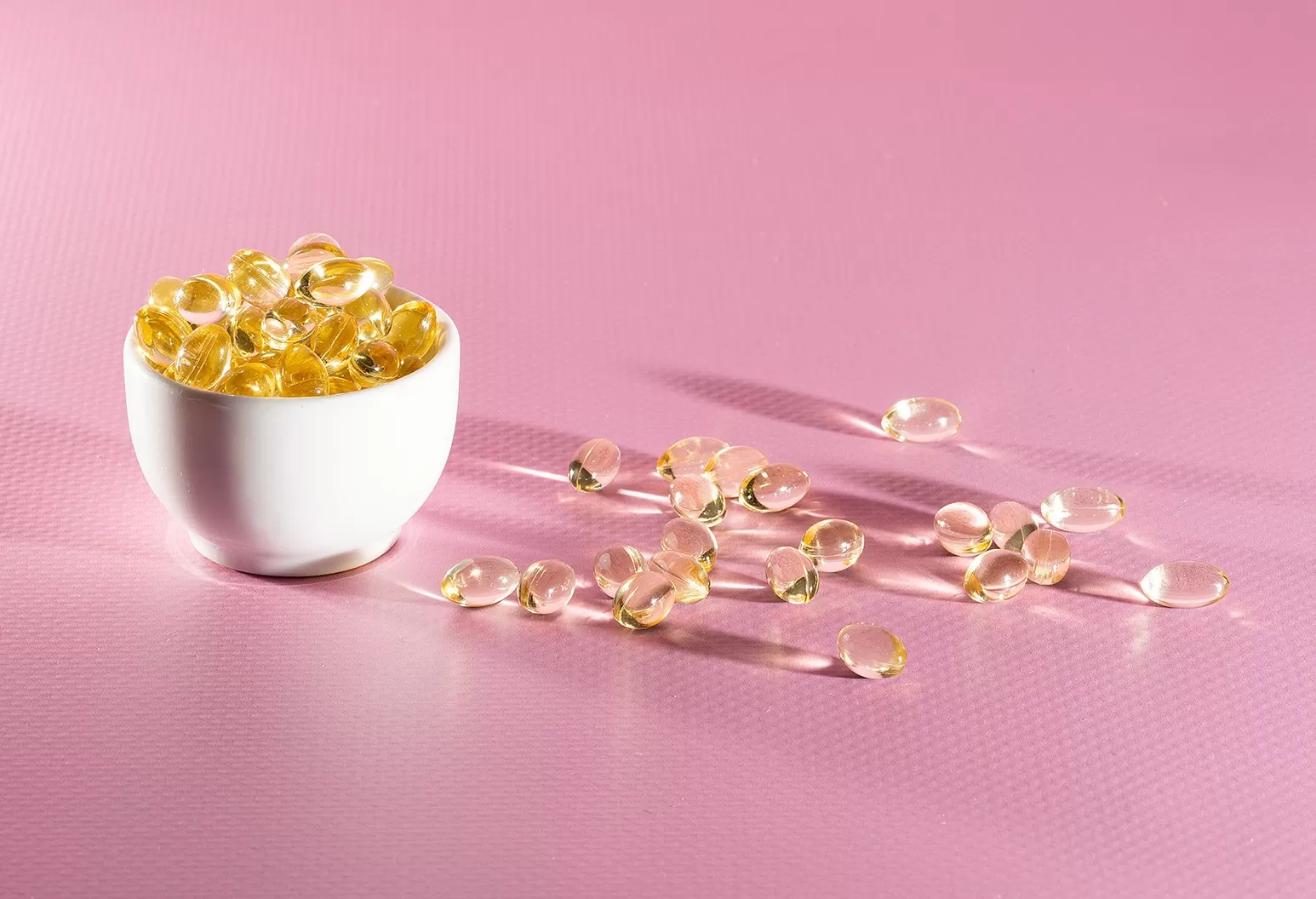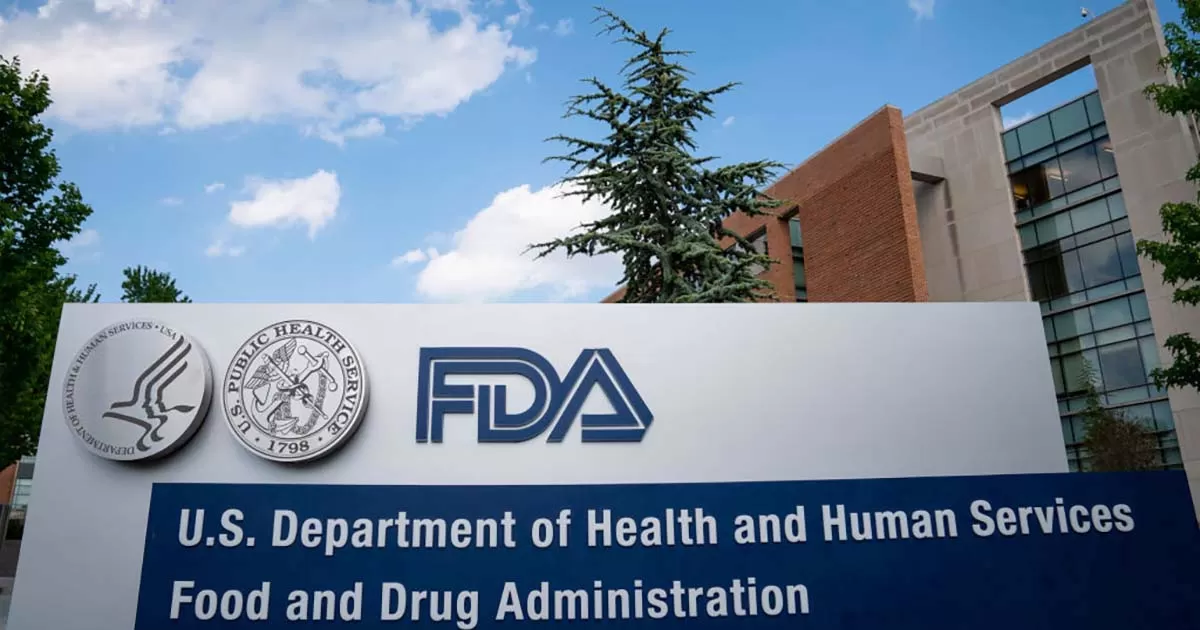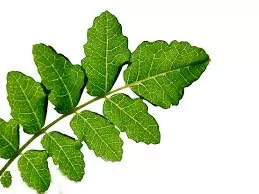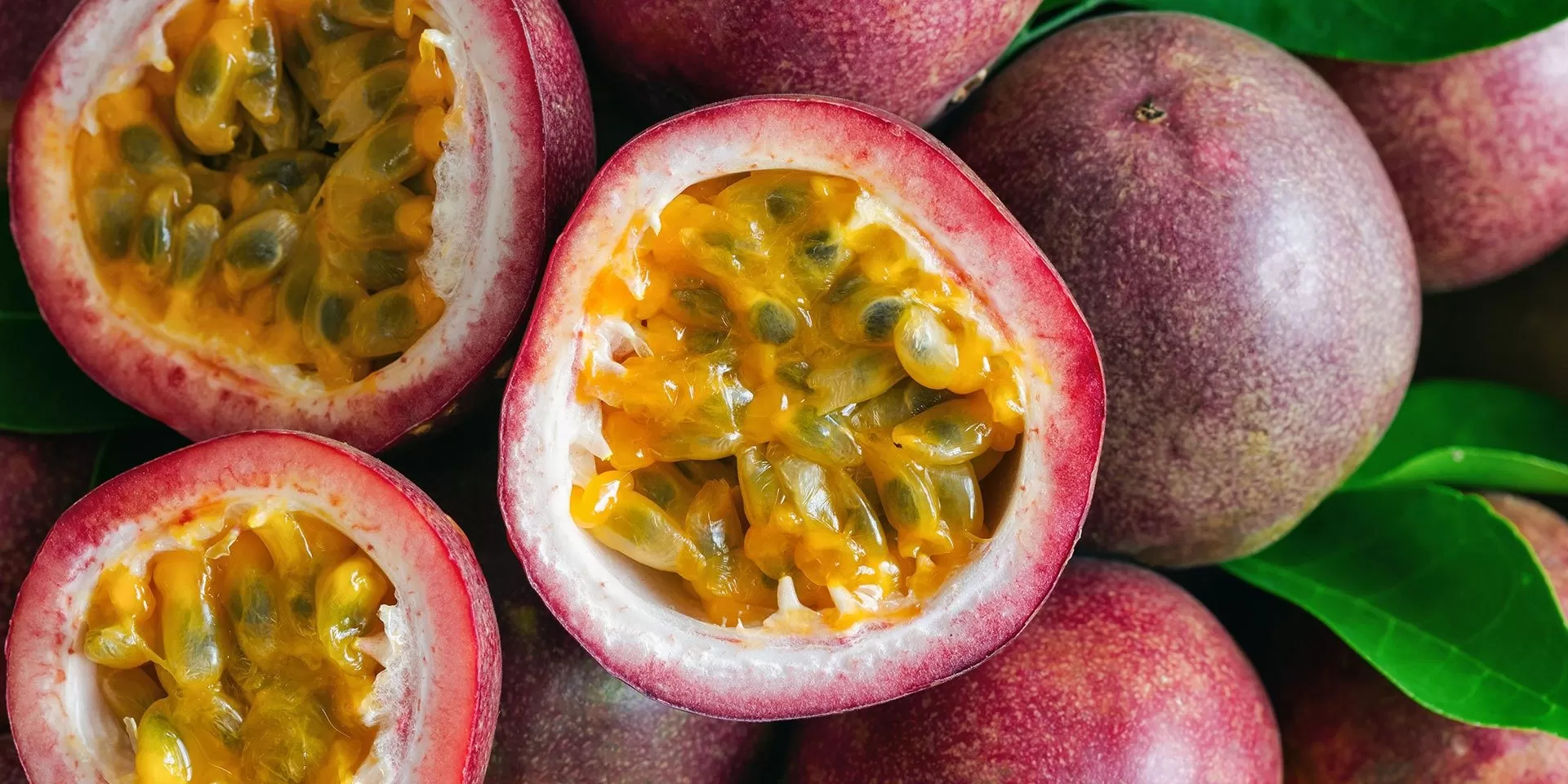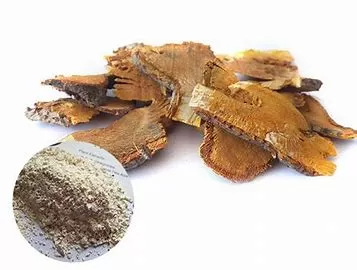- 0086-571-85302990
- sales@greenskybio.com
Debate Intensifies Over Safety and Legitimacy of 7-OH Kratom Products
2025-04-23
The controversy surrounding 7-hydroxymitragynine (7-OH), a compound found in trace amounts in dried kratom leaf, has ignited a heated debate between industry stakeholders. This week, divergent views spotlighted the complexity of balancing innovation and consumer safety within the kratom market.
Prominent kratom brand MIT45 has vocally opposed what it considers "synthetically concentrated" 7-OH products that it claims misrepresent genuine kratom offerings. The brand asserts these products, promoted under the guise of kratom, are both unsafe and misleading. In contrast, HART (Holistic Alternative Recovery Trust), a national advocacy group, supports the responsible use and availability of 7-OH products, defending them as naturally derived and wrongly vilified by competitors seeking a larger market share.
Both groups acknowledge the potent effects of 7-OH, yet starkly disagree on issues of safety and ethical marketing. Researchers have cautioned against 7-OH products since mid-2024, raising safety concerns. MIT45 CEO Ryan Niddel emphasized that the brand would not support products that deviate from kratom’s traditional alkaloid composition, citing research that links high 7-OH doses to morphine-like effects and high dependency risks.
MIT45 insists that synthetically altered 7-OH products should be deemed unsafe and illegal, calling for regulatory action against such offerings. MIT45 commits to maintaining kratom’s natural alkaloid ratios, with 7-OH making up less than 1% of total alkaloids. The company emphasizes transparency and adherence to safe consumption standards, recommending a serving size of 25 mg of mitragynine.
Conversely, HART disputes the characterization of 7-OH as synthetic. President Adam Israel argued that calling 7-OH products synthetically derived misrepresents their nature, which involves oxidation processes similar to those used in vitamin production. HART also highlighted the risks posed by MIT45’s high mitragynine products, which contain concentrations much greater than typically studied for safety.
Some consumers have voiced support for 7-OH, crediting it with aiding in managing health conditions and maintaining sobriety, despite FDA warnings about kratom's potential health risks and the lack of federal approval. The agency has yet to publicly declare its stance on synthetically enhanced 7-OH products but has a history of enforcement actions against kratom-related items.
As the debate continues, MIT45 and HART both call for clear regulatory guidelines for the kratom industry. MIT45 advocates for enforcement against adulterated products, while HART seeks science-driven regulations that reflect kratom's complex chemistry. Both sides agree on the need for informed regulation to ensure safe consumer use.
Vince Sanders, a director at HART, champions an inclusive approach, urging all industry players, like MIT45, to honestly evaluate their advocacy and product offerings. The path forward hinges on reconciling safety concerns with regulatory clarity to uphold consumer trust while embracing potential benefits offered by kratom and its components.
-
Passion Fruit: Health Benefits and Enjoy
2025-04-23





